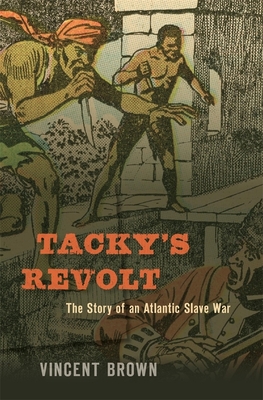Expedite your nonfiction book discovery process with Readara interviews, summaries and recommendations, Broaden your knowledge and gain insights from leading experts and scholars
In-depth, hour-long interviews with notable nonfiction authors, Gain new perspectives and ideas from the writer’s expertise and research, Valuable resource for readers and researchers
Optimize your book discovery process, Four-to eight-page summaries prepared by subject matter experts, Quickly review the book’s central messages and range of content
Books are handpicked covering a wide range of important categories and topics, Selected authors are subject experts, field professionals, or distinguished academics
Our editorial team includes books offering insights, unique views and researched-narratives in categories, Trade shows and book fairs, Book signings and in person author talks,Webinars and online events
Connect with editors and designers,Discover PR & marketing services providers, Source printers and related service providers

Tacky's Revolt: The Story of an Atlantic Slave War
History > Caribbean & West Indies - General
- Belknap Press
- Hardcover
- 9780674737570
- 9.2 X 6.4 X 1.1 inches
- 1.4 pounds
- History > Caribbean & West Indies - General
- (Single Author) Asian American
- English
Readara.com
Book Description
Finalist for the 2020 Cundill History Prize
Winner of the Phillis Wheatley Book Award
A CounterPunch Best Book of the Year
A gripping account of the largest slave revolt in the eighteenth-century British Atlantic world, an uprising that laid bare the interconnectedness of Europe, Africa, and America, shook the foundations of empire, and reshaped ideas of race and popular belonging.
In the second half of the eighteenth century, as European imperial conflicts extended the domain of capitalist agriculture, warring African factions fed their captives to the transatlantic slave trade while masters struggled continuously to keep their restive slaves under the yoke. In this contentious atmosphere, a movement of enslaved West Africans in Jamaica (then called Coromantees) organized to throw off that yoke by violence. Their uprising--which became known as Tacky's Revolt--featured a style of fighting increasingly familiar today: scattered militias opposing great powers, with fighters hard to distinguish from noncombatants. It was also part of a more extended borderless conflict that spread from Africa to the Americas and across the island. Even after it was put down, the insurgency rumbled throughout the British Empire at a time when slavery seemed the dependable bedrock of its dominion. That certitude would never be the same, nor would the views of black lives, which came to inspire both more fear and more sympathy than before.
Tracing the roots, routes, and reverberations of this event across disparate parts of the Atlantic world, Vincent Brown offers us a superb geopolitical thriller. Tacky's Revolt expands our understanding of the relationship between European, African, and American history, as it speaks to our understanding of wars of terror today.
Author Bio
Vincent Brown is Charles Warren Professor of American History and Professor of African and African American Studies. He directs the History Design Studio and teaches courses in Atlantic history, African diaspora studies, and the history of slavery in the Americas.
Brown is the author of The Reaper's Garden: Death and Power in the World of Atlantic Slavery (Harvard University Press, 2008), producer of Herskovits at the Heart of Blackness, an audiovisual documentary broadcast on the PBS series Independent Lens, and is most recently the author of Tacky's Revolt: The Story of an Atlantic Slave War (Belknap Press, 2020).
Education
Duke University, PhD, History, 2002, Degree Certificate: African and African-American Studies, 2002
Dissertation: “Slavery and the Spirits of the Dead: Mortuary Politics in Jamaica, 1740-1834”
University of California, San Diego
BA: History, 1990
Minor: Theatrical Performance
Source: Harvard University - Center for Government and International Studies
Videos












Community reviews
No Community reviews

